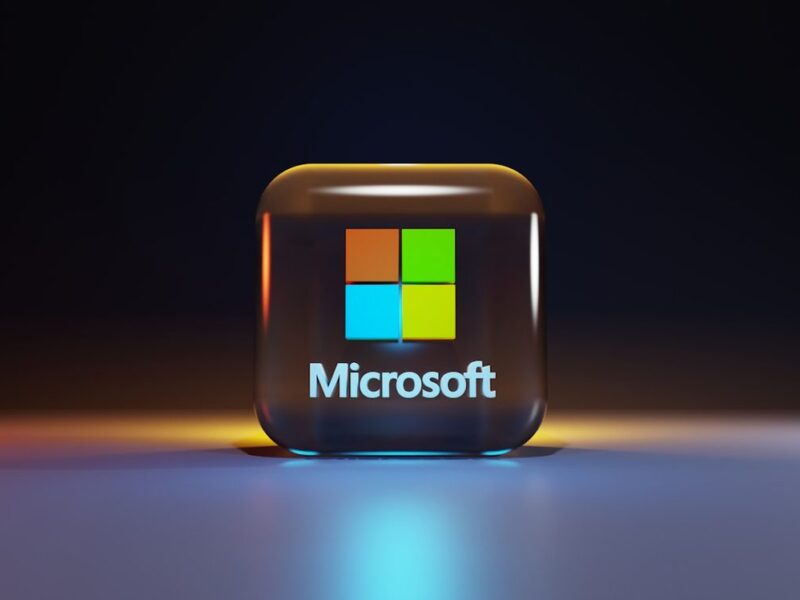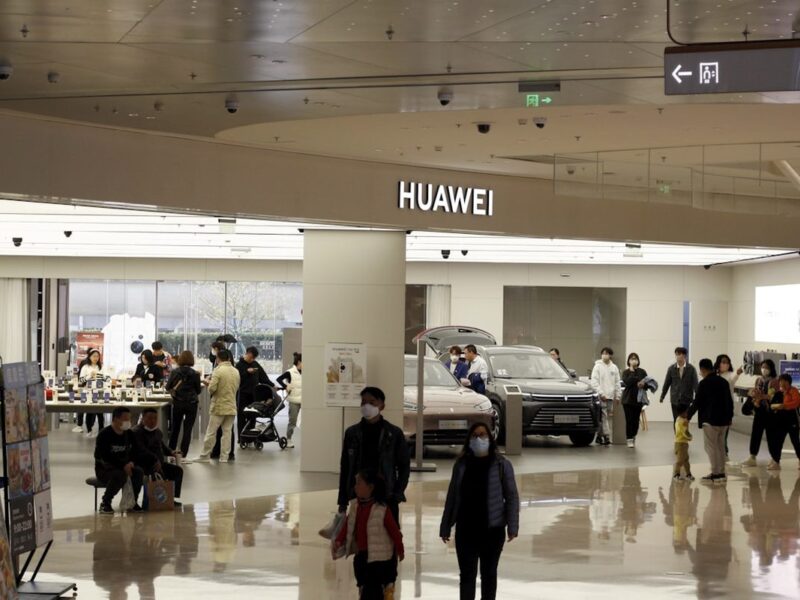MathGPT.ai, an AI platform positioning itself as a “cheat-proof” tutor and teaching assistant, is expanding its reach to over 50 institutions this fall after a pilot program. The platform aims to support college students and assist professors in navigating the increasing presence of AI in education.
Following a pilot program involving 30 colleges and universities across the United States, MathGPT.ai is set to nearly double its availability. Hundreds of instructors are planning to integrate the platform into their courses during the upcoming academic year. Participating institutions include Penn State University, Tufts University, and Liberty University, among others.
A central feature of MathGPT.ai is its AI chatbot, designed to avoid providing direct answers to students. Instead, the chatbot is programmed to guide students through Socratic questioning, offering support and posing questions to stimulate critical thinking. This approach encourages students to engage with the material in a more active and analytical way, rather than simply memorizing solutions.
For instructors, MathGPT.ai functions as a teaching assistant. The platform can generate questions and assignments based on uploaded textbooks and learning materials. Additionally, it offers auto-grading capabilities and other AI-driven features designed to streamline the assessment process. The platform supports a range of college-level mathematics subjects, encompassing Algebra, Calculus, Trigonometry, and related areas.
Alongside its expansion in institutional adoption, MathGPT.ai has introduced an upgraded version of its platform. This update incorporates new features intended to give professors greater control over how students interact with the tools. A primary focus of MathGPT.ai is its instructor-centric design, which has been further emphasized in the upgraded version.
One notable enhancement allows instructors to specify when students are permitted to engage with the chatbot. This facilitates a blended learning environment where AI tutoring support can be selectively enabled for specific assignments, while students are encouraged to work independently on others. This feature allows instructors to tailor the level of AI assistance based on the specific learning objectives and the needs of their students.
Another addition allows professors to define the number of attempts a student has to answer a question correctly. This customization aims to provide a structured learning experience with opportunities for iterative improvement. In parallel, MathGPT.ai has introduced unlimited practice questions for students, designed to foster a low-pressure learning environment in which students can freely test their knowledge without the anxiety of impacting their grades. These practice questions are separate from graded assignments, allowing students to explore concepts and build confidence.
MathGPT.ai also offers instructors the option to require students to upload images of their work. This feature enables professors to review student submissions and verify the authenticity of their work, adding a layer of accountability. This functionality is intended to deter academic dishonesty and ensure that students are genuinely engaging with the problem-solving process.
Recent updates to MathGPT.ai include integrations with three major Learning Management Systems (LMS): Canvas, Blackboard, and Brightspace. These integrations facilitate seamless integration of MathGPT.ai into existing educational workflows. Addressing accessibility, screen reader compatibility and an audio mode have been implemented. This enhances usability for individuals with disabilities, aligning with the company’s claim of compliance with the Americans with Disabilities Act (ADA). The platform also offers closed captions for its summarized video lessons. These video lessons feature AI-generated narration voiced to resemble historical figures such as Benjamin Franklin and Albert Einstein.
Peter Relan, the chairman of MathGPT.ai, addressed concerns regarding inappropriate interactions, stating that the platform has implemented strict guardrails to ensure a safe learning environment. He stated, “It will not have discussions with you about your girlfriend, boyfriend, or the meaning of life. It will simply not engage. Because these freestanding chatbots will go in that direction, right? We are not here to entertain those kinds of conversations.” Relan has a background in technology, having helped incubate Got It AI and being an early investor in Discord.
The company acknowledges that, like any AI chatbot, MathGPT.ai has the potential to produce inaccurate information. A disclaimer is displayed, alerting users to the possibility of errors. Users are encouraged to report incorrect answers to the company. Relan stated, “If you find a mistake, we will reward you with a gift card to tell us what it is. Year one, there were five [hallucinations]. Year two, there was one. So far [this year], none. So we take it very seriously.” He added that MathGPT.ai has a team of human annotators who double-check textbooks, assignments, and all other content to ensure accuracy.
Future plans for MathGPT.ai include the development of a mobile app and expansion into additional subjects, such as chemistry, economics, and accounting. This expansion aims to broaden the platform’s utility and appeal to a wider range of students and instructors.
MathGPT.ai offers both a free option and a paid option priced at $25 per student per course. The paid option provides benefits such as unlimited AI assignments and LMS integration. The free option allows access to basic features, while the paid version unlocks more comprehensive functionality.

